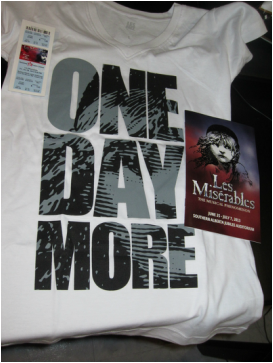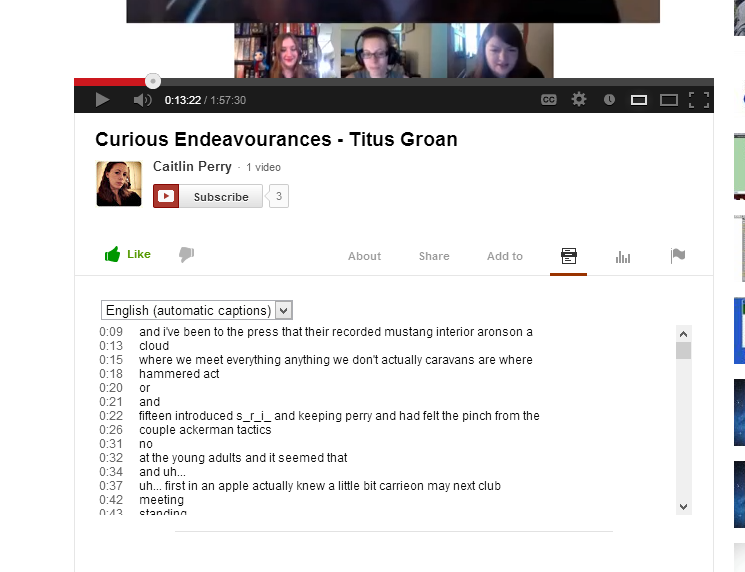Last week Curious Endeavourances met once again to discuss another monthly read.
The Reluctant Fundamentalist is a eloquently delivered monologue-style narrative that is framed as a single-sided conversation between a Pakistani man named Changez and an unnamed American man he meets in Anarkali. The book is a smooth quick read yet feels more and more intimate with every page, as if the reader is eavesdropping on a personal conversation, and I don't mean purely in regards to the framing of the narration since it felt to me that the pauses to address the nameless American shattered the illusion of this world rather than invite me in. The direct addressing and restating of what the American man supposedly says at times feels too forced, not only in its unnaturally eloquent delivery which rarely occurs in conversation, especially a prolonged conversation that is supposed to pass over several hours; but upon accepting that, it also feels too convenient, knowing that there is a pattern to beginning and ending a chapter with acknowledging the framed conversation and how the topic must then jump back to the lengthy life-story being delivered by Changez. At the same time, once the narrator is deep within the storytelling, I am completely enthralled as an audience. It is a story of identity, of finding one's self, of the twists, turns, questions and revelations of establishing personal values as life changes and grows, leading you to decide who you are and who you want to be.
I read this novel as a bookclub selection, and while I did not dislike it, I do not feel it has become a part of me as other books do. It feels like a first year university assigned reading, one that is supposed to shock you and provoke discussion since it's the first time you've ever been asked to have your own opinion on something and are out of practice, and given that the back of the book is riddled with discussion topics, I imagine that that is what it was intended for. But I never felt shocked by the narration. Perhaps it's because I'm not American and thus the impact of revealing mixed feelings about American identity is hardly surprising to me. A touchy subject like 9/11 I am readily willing accept alternative perspectives on and may even have a few of my own. It's not an anti-American book by any means, but it definitely examines the metaphorical pedestal that all major super-powers have occupied at one time or another and how it effects those on the outside of it, whether that be in politics, business, academia, or even love.



 RSS Feed
RSS Feed